We look at the reality of COVID-19 testing in Colombia: how many COVID-19 tests are being done and compare to testing in other countries. On January 12, 2022 with 131,812 tests a record number of COVID-19 tests were completed in one day.
Many Medellin Guru readers have asked about COVID-19 testing in Colombia. Also, we have seen many inaccurate posts about COVID-19 testing in Medellín and Colombia on the Internet including in several Facebook groups.
In this article, we look at the facts of COVID-19 testing in Colombia including the number of tests Colombia has actually completed and compare to other countries, We also look at how many labs in Colombia are currently doing tests and how many daily tests.
COVID-19 Testing in Colombia
On April 1, 2021, Instituto Nacional de Salud (INS) in Colombia reported that it had completed a total of 33,942,728 COVID-19 tests in Colombia.
This means that Colombia has completed 666,009 tests per million people in Colombia based on a population of 50.96 million.
We compare this COVID-19 testing in Colombia with several other countries in Latin America as well to the U.S. and the UK in the following table.

COVID testing in several countries, source Worldometers, 4/1
Only Brazil in Latin American has done more total COVID-19 tests than in Colombia. Also, Colombia has done more tests per million in population than Argentina, Ecuador, Dominican Republic, Mexico and many other countries not in the table.
For the week of March 7 to March 13, 2022, Colombia averaged 27,386 tests per day . In addition, the most tests Colombia has completed in one day was on June 23, 2021 with 127,955 tests.
Also, the following list shows the COVID-19 test counts per day from March 1 to April 1:
- March 1 – 30,251 tests
- March 2 – 36.103 tests
- March 3 – 31,137 tests
- March 3 – 38,506 tests
- March 4 – 15,764 tests
- March 5 – 15,734 tests
- March 6 – 24,577 tests
- March 7 – 24,065 tests
- March 8 – 24,065 tests
- March 9 – 26,716 tests
- March 10 – 27,072 tests
- March 11 – 27,279 tests
- March 12 – 13,438 tests
- March 13 – 21,441 tests
- March 14 – 23,331 tests
- March 15 – 26,025 tests
- March 16 – 29,683 tests
- March 17 – 27,212 tests
- March 18 – 24,496 tests
- March 19 – 14,414 tests
- March 20 – 21,368 tests
- March 21 – 21,368 tests
- March 22 – 11,522 tests
- March 23 – 25,171 tests
- March 24 – 24,122 tests
- March 25 – +24,908 tests
- March 26 – +12,711 tests
- March 27 – +25,552 tests
- March 28 – +23,881 tests
- March 29 – +23,971 tests
- March 30 – +23,305 tests
- March 31 – +23,109 tests
- April 1 – +20,150 tests
Note that the number of tests that Colombia can do in a day depends on the availability of laboratory supplies at labs in Colombia including chemical reagents. Reagent shortages has emerged as a constraint for increasing the rate of testing in Colombia and the rest of the world.
Here is a chart showing the weekly tests done in Colombia.
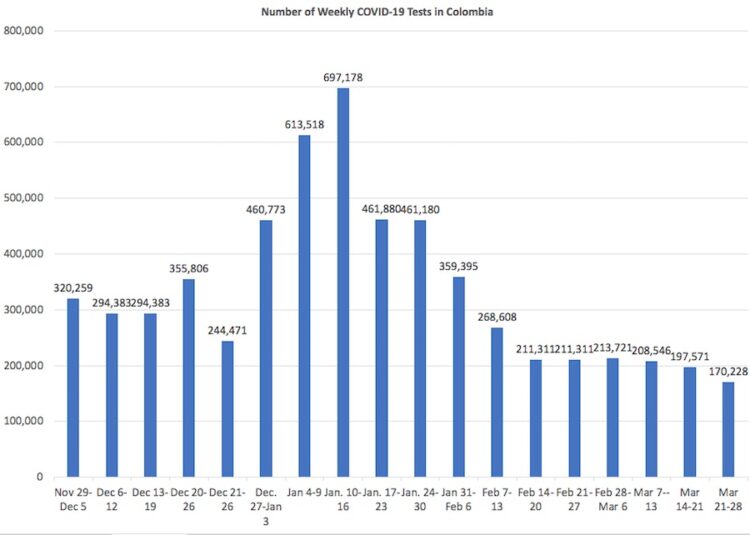
Weekly COVID tests in Colombia, source INS 3/28
COVID-19 Testing in Colombia is Dropping as Active Cases Drop
Colombia primarily tests people with symptoms or have been in contact with someone infected with COVID-19.
The number of active coronavirus cases in Colombia have been dropping then went up and back down. Active cases drop on many days as recoveries increase, as seen in the following chart.
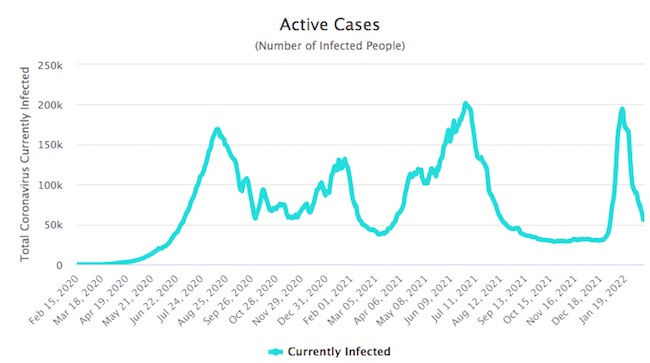
Active cases in Colombia by day, source Worldometers, Feb, 12
On April 1, out of a total of 6,085,270 coronavirus cases in Colombia, 4,104 cases were active. So, only 0.07 percent of total coronavirus cases were active on this date and 97.26 percent were recovered.
Colombia Adds More Labs for COVID-19 Testing
The testing rate for COVID-19 should increase in Colombia and on some days in June 2021 is now doing over 100,000 test in one day.
On April 9, INS reported it had 17 labs doing COVID-19 tests with plans to have 20 more labs starting tests in the following week. In addition, by April 11, the count of labs in Colombia for COVID-19 testing had increased to a total of 23 labs with six new labs added with an additional capacity for 2,378 daily tests for coronavirus:
- Universidad de los Andes in Bogotá – 300 daily tests
- Universidad del Bosque in Bogotá – 200 daily tests
- Compensar in Bogotá in 2 locations – 1,400 daily tests
- Colsanitas Laboratorio Molecular Keralty in Bogotá – 370 daily tests
- Fundación Santa Fe in Bogotá – 48 daily tests
- University of Córdoba in Montería – 60 daily tests
By April 15, INS reported it had 47 labs doing COVID-19 tests with plans to increase this to 70 labs. And by August 20, INS actually had 119 labs doing COVID-19 tests . And by January 1, 2021, INS had 149 labs doing tests.
With 149 labs, Colombia now reportedly has the lab capacity for over 80,000 COVID-19 tests daily. But this depends on having sufficient lab supplies including chemical reagents. The most tests Colombia has done in one day so far was on January 12, 2022 with 131,812 tests.
Colombia Previously Had a Testing Capacity Issue
There has been an issue in the past with testing capacity in some cities in Colombia. But this improved dramatically by June as Colombia added labs.
INS, claims the variability in tests per day back in March and April in Colombia was due to the fact that Colombia is forced to import laboratory supplies such as chemical reagents. However, we believe Colombia also experienced a testing capacity issue in some cities in the past.
For example, in Medellín, from March 30 to April 6, a total of 1,071 tests were processed and 634 tests were still pending to know the test results. So, in a period of a week, Medellín averaged only 153 tests per day. But Medellín still had a backlog of 634 tests due to insufficient capacity.
Also, we believe that Cali had a COVID-19 testing capacity issue, as news reports in April indicated that tests in Cali were taking up to 10 days.
There is currently a global shortage of test kits and chemical reagents for testing for COVID-19. And Colombia must compete with other countries. As a result, there can be testing shortages and extended wait times for test results.
For example, here is an article in Canada about shortages and shortages in Australia and many other countries have reported test kit and chemical reagent shortages.
June 2021, testing issues are much improved in Colombia, as Colombia started to do over 100,000 tests per day on many days.
COVID-19 Testing Types
The two most common are PCR and antigen (antígeno), with antibody testing coming a distant third.
The first type of test, RT-PCR is a molecular test that is considered the gold standard and is used by Colombia for most of its tests. PT-PCR stands for reverse transcriptase polymerase chain reaction test, which tries to find genetic sequences of the virus by deploying primers – chemicals or reagents which are added to test if a reaction occurs – that attach to the targeted genetic sequences.
The PCR test and antigen tests are performed with nasal swabs and are usually the most reliable in the early stages of the disease.
- A PCR test is typically needed for travel and is a more accurate test, especially in the early stages of coronavirus. However, this test is more expensive and takes longer to return results.
- The antigen test is quicker and not always as reliable as a PCR test. This test is typically recommended only if you have symptoms or seven days after you’ve had contact with someone who’s tested positive.
- The antibody (anticuerpo) test is another option, although much less useful. This test is a rapid serological test that relies on detecting antibodies in a blood sample, usually obtained through a simple finger prick. These tests do not require special equipment to process the results.
However, PCR tests are far more complex to develop and manufacture with an acute global shortage of quality testing equipment and reagents. Also, PCR tests must be done in a lab and most PCR tests can take a few hours to a few days. The RT-PCR test is the only type of test used in Colombia for reported COVID-19 testing statistics.
But new rapid molecular diagnostic tests for COVID-19 can provide results in less than an hour. For example, Abbott’s new ID Now can deliver results in minutes using a small machine that can be used at a point-of-care and doesn’t require a lab.
The other type of test is a rapid serological test that relies on detecting antibodies in a blood sample, usually obtained through a simple finger prick. These tests do not require special equipment to process the results, which allows them to be used at point-of-care.
When you’re exposed to COVID-19, your body develops antibodies, which can take several days to over a week. Serological tests are much faster than standard molecular tests, returning results in as few as 10-15 minutes.
However, since it can take several days for the body to develop an antibody response to the virus, serological tests may not be reliable in identifying a current infection. Serological tests have the potential of producing a false negative, a false result when you actually have the infection.
Colombia’s Rapid COVID-19 Tests
The first batch of 47,500 rapid tests for the diagnosis of COVID-19 arrived in early April in the country, as reported by the Minister of Health and Social Protection, Fernando Ruiz Gómez.
These tests, which are the first of several batches, were planned to be used at be at a point-of-care in offices or clinics to diagnose people. In the event that a rapid antibody detection test is positive, it must be confirmed with RT-PCR test.
On March 25 the Health Ministry in Colombia announced that it plans to increase testing capability to at least 350,000 rapid tests per week. This will enable detecting more cases to ensure those who are infected are isolated so they don’t infect more people.
But that 350,000 per week goal is questionable even thought Colombia was to receive over 1 million rapid tests. Also, after May there was almost nothing in the Colombian news about rapid testing anymore.
Abbott Laboratories in the U.S. was sending over 1 million COVID-19 rapid tests to Colombia in April. Also, reportedly 50,000 COVID-19 rapid tests were received in Colombia from South Korea on April 6 and another 10,000 COVID-19 rapid tests were received from the UAE on April 8.
However, Colombia has been testing the Basepoint rapid test from the Abbott laboratories. And found after a sampling of 311 analysis that if the rapid test is used in patients with a symptom time of less than 11 days, there is a risk that the result is a “false negative”, despite the fact that patients are sick.
So, the bottom line is these rapid COVID-19 tests do not really confirm diagnosis but are complementary to the RT-PCR test and can be used in epidemiological surveillance. With almost nothing in the news about rapid testing anymore, it appears that Colombia is no longer serious about doing so many rapid tests.
Number to Call in Medellín if You Think You Have Coronavirus
Medellín uses the 123 emergency phone number for coronavirus reports.
People who in the last two weeks have been in countries where the virus circulates, and who have symptoms such as cough, fever, nasal congestion and muscle fatigue, or who have been in contact with patients who meet with the above criteria can call this emergency number.
Medellín asks residents to make responsible use of this single line of emergencies, and also recommends consulting EPS health insurance websites.
Also, we have a separate articles that look at how to get a COVID-19 test in Medellín and how to get a COVID-19 test in Bogotá.

Colombia has 24 of the Best Hospitals in Latin America
Healthcare in Colombia
Colombia has 24 of the top 58 clinics and hospitals in Latin America, according to a study in late 2019 by América Economia. So, 41 percent of the best hospitals in Latin America are found in Colombia. Nine of these best hospitals in Latin America are located in Medellín and nine are in Bogotá.
In 2017, Colombia had 20 of the top 49 clinics and hospitals in Latin America. And in 2018, Colombia had 23 of the top 58 hospitals. So, the count in 2019 has increased to 24 of the top 58 clinics and hospitals in Latin America for 2019.
In addition, the World Health Organization (WHO) ranks Colombia’s healthcare system as #22 out of 191 countries it ranked. And no other countries in Latin America were ranked higher than Colombia. So, according to WHO, Colombia has the best healthcare system in Latin America.
Also, Colombia’s healthcare system is ranked higher than many wealthier countries like the United States (#37), Germany (#25), Canada (#30) and Australia (#32).
In Colombia, it is possible to have access to world-class healthcare at a fraction of the cost compared to the healthcare costs in North America or Europe. Furthermore, the costs for healthcare in Colombia can be significantly lower than the costs found in the U.S.
Due to having the best healthcare system in Latin America, Colombia is probably better positioned than many other countries in Latin America to handle coronavirus.
Health Insurance in Colombia
Health insurance is relatively inexpensive in Colombia and will cover you if you happen to catch COVID-19.
One of the reasons that Colombia has such a highly rated healthcare system is due to a new constitution that Colombia drafted in 1991 that made access to healthcare a basic human right to all citizens of Colombia, as well as foreign residents of Colombia.
There are three types of health insurance available in Colombia:
- EPS – Entidadas Promotoras de Salud– this is the public health insurance that is mandatory for everybody who is a resident of Colombia. The monthly premium is calculated as 12.5 percent of the monthly gross income that you declare to the EPS.
- Prepagada – this is private healthcare insurance in Colombia. The monthly premium for Prepagada varies depending on your age, the plan you choose and any pre-existing conditions.
- SISBEN – this is a free government subsidized healthcare system, which is only for very poor or homeless Colombians.

Medellin Guru has partnered with an insurance agent to offer health insurance and other insurance products like life insurance, homeowners insurance and auto insurance to foreigners and Colombians.
We partnered with a bilingual insurance agent who speaks English and Spanish. And she has many foreigner clients.
Over 237 Medellin Guru readers have obtained insurance through our partnership including health insurance, auto insurance, homeowners insurance, life insurance and travel insurance.
This insurance service is easy to use, just click on the button below to get started.
Use the Medellin Guru Insurance Service
We highly recommend using a bilingual insurance agent to sign up for insurance in Colombia instead of trying to sign up yourself. Everything for signing up for insurance in Colombia is in Spanish and the forms can be complicated to fill out.
Medellin Guru’s Coronavirus Series
Medellin Guru has a series of articles about the coronavirus pandemic and the impacts in Colombia: Also, these articles are being kept up-to-date, as this is a fast-moving topic:
- Nightly Curfew and Dry Law in Antioquia from March 25 to June 9
- COVID-19 Vaccinations in Colombia Start on February 17
- PCR Test: How to Get a COVID-19 Test in Medellín
- PCR Test: How to Get a COVID-19 Test in Bogotá
- PCR Test: how to Get a COVID-19 Test in Cartagena
- Nightly Curfews in January in Medellin and Antioquia Start on January 6
- Nightly Curfew in Medellín For Christmas and New Year’s Holidays
- Colombia is Buying 10 Million Doses of COVID-19 Vaccine from Pfizer
- Does Colombia Require a COVID-19 Test for International Travelers?
- 8 Reasons Why Colombia is Unlikely to Return to a Quarantine
- Coronavirus Cases Increase in Medellín: What Happens Next?
- New Normal in Medellín: Medellín is Returning to Normal
- Will the Quarantine Return to Colombia? What if Cases Increase?
- New Normal in Medellín: Medellín is Returning to Normal
- Colombia’s Quarantine Ends on September 1: New Phase Starts
- Tourism Impact of Coronavirus: Colombia Starts to Reactivate Tourism
- Economy Impacts in Colombia Due to Extended Quarantine
- Epicenter of Coronavirus in Colombia: Bogotá is the Epicenter
- Medellín Plans the Total Reopening of Economic Activities in the City
- When Will the Quarantine End in Colombia? On September 1?
- Humanitarian Flights from Colombia to the U.S. and Other Countries
- Beware of Fake News in Colombia About Coronavirus and Quarantines
- Reopening Gymnasiums, Churches and Movie Theaters in Colombia
- Reopening Amusement Parks, Zoos and Nature Reserves in Colombia
- Medellín Starts Free COVID-19 Tests on the Medellín Metro
- New COVID-19 Preventive Measures in Medellín to Contain the Pandemic
- Penalties for Violating the Quarantine in Medellín are Stiff
- COVID-19 Orange Alert in Bogotá: New Lockdowns in Bogotá
- Medellín Starts to Lift the Quarantine: Enters Smart Isolation Phase
- Colombia Started to Lift the Quarantine – What Does this Mean?
- Coronavirus: When Will the Quarantine Be Lifted in Colombia?
- Colombia Starts to Lift the Quarantine in COVID-19 Free Areas
- Colombia Quarantine: Nationwide Quarantine Extended to September 1
- Coronavirus in Colombia: Myth vs Reality – Current Status
- Coronavirus Hospitalization in Colombia: Myth vs Reality
- Are Medellín and Antioquia Winning the Coronavirus Battle?
- 23 Cities with a Major Increase in Coronavirus Cases in Colombia
- Colombia Coronavirus Death Rate: What are the Chances of Dying?
- Coronavirus: When Will Things Return to Normal in Colombia?
- COVID-19 Testing in Colombia: Realty About Coronavirus Testing
- Life as an Expat: During Medellín’s Coronavirus Quarantine
- Colombian Visa Process Changes: Due to Quarantine and Coronavirus
- Medellín Coronavirus Closures – What is Closed in Medellín?
- Pico y Cedula: A Restriction for Grocery Shopping in the Aburrá Valley During the Quarantine
- Pico y Cedula in Colombia: Which is Strictest Out of 5 Largest Cities?
- Medellín Quarantine Starts on March 20 for Four Days
The Bottom Line: COVID-19 Testing in Colombia – Reality About Coronavirus Testing
Colombia has increasing its capacity for COVID-19 testing but can be challenged with a global shortage of testing kits and chemical reagents.
Many foreigners have wondered why Colombia can’t increase COVID-19 testing faster. There are obvious limits in terms of laboratories, lab professionals, equipment and health care staff to administer tests.
More limiting growth of testing is a global shortage of testing kits and chemical reagents to contend with. China is ramping up COVID-19 testing exports but can’t keep up with global demand.
Lack of tests is one reason that over one-third of the world has implemented quarantines and lockdowns. Ideally, testing could be used to check not only everyone who has symptoms but also their close contacts, so they could be identified as infected, isolated or quarantined as well.
Also, we have a separate article that looks at how to get a COVID-19 test in Medellín and an article about how to get a COVID-19 test in Bogotá.
In addition, have a popular article about Coronavirus in Colombia that is updated daily including the count of coronavirus tests done in Colombia. So, we will continue to watch to see how effective Colombia is in its COVID-19 testing and see how quickly the count of tests in Colombia increases.
Sign up for the Free Medellin Guru Newsletter – You can see all of the previous Medellin Guru weekly email newsletters and sign up here..
Editors note: updated on March 31, 2022 with current COVID-19 testing numbers in Colombia and updated graphics in the article for March 31.
Editors note: updated on April 1, 2022 with current COVID-19 testing numbers in Colombia and updated graphics in the article for April 1.


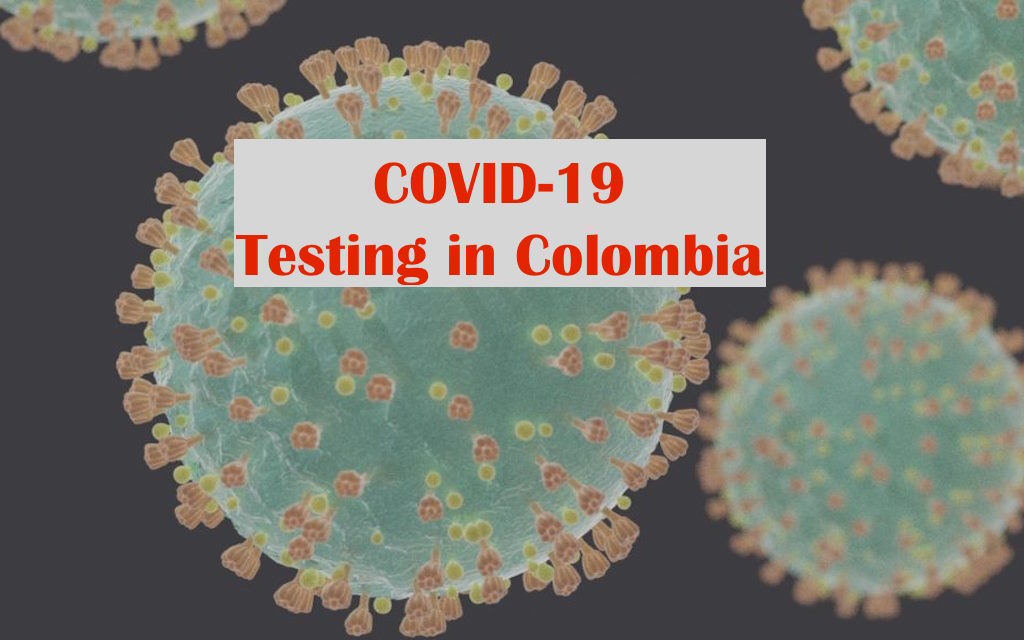
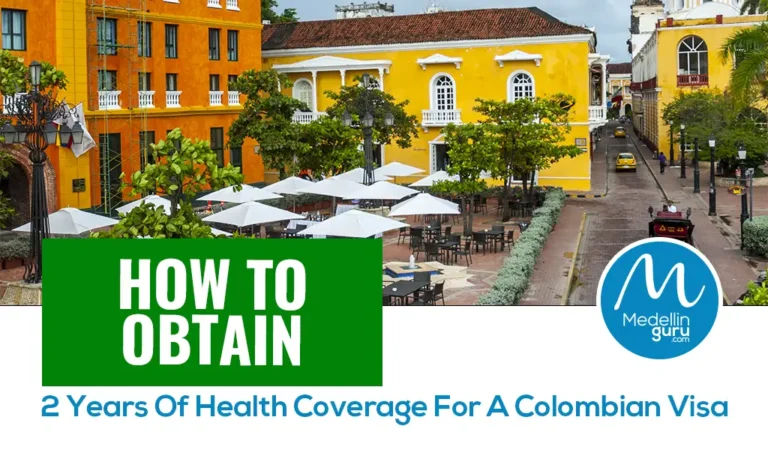

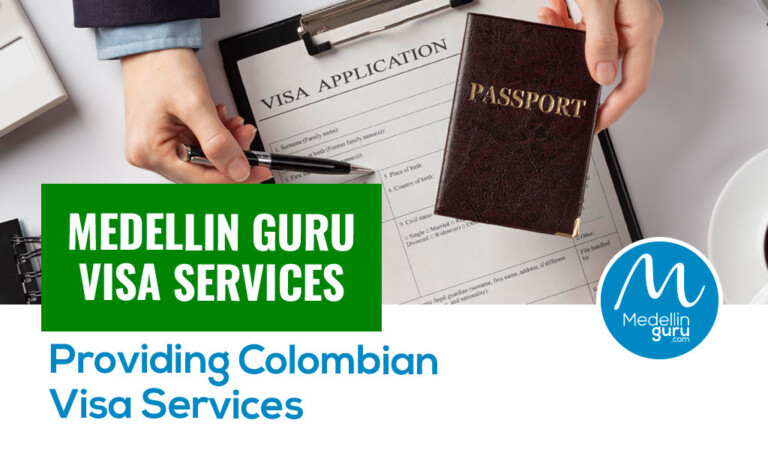
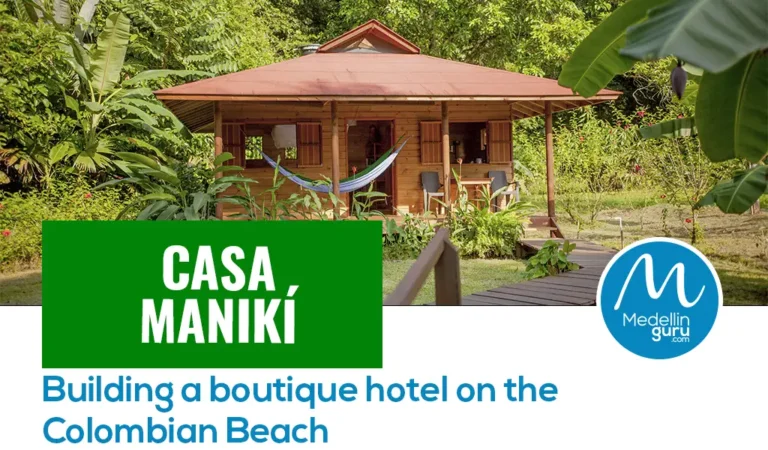
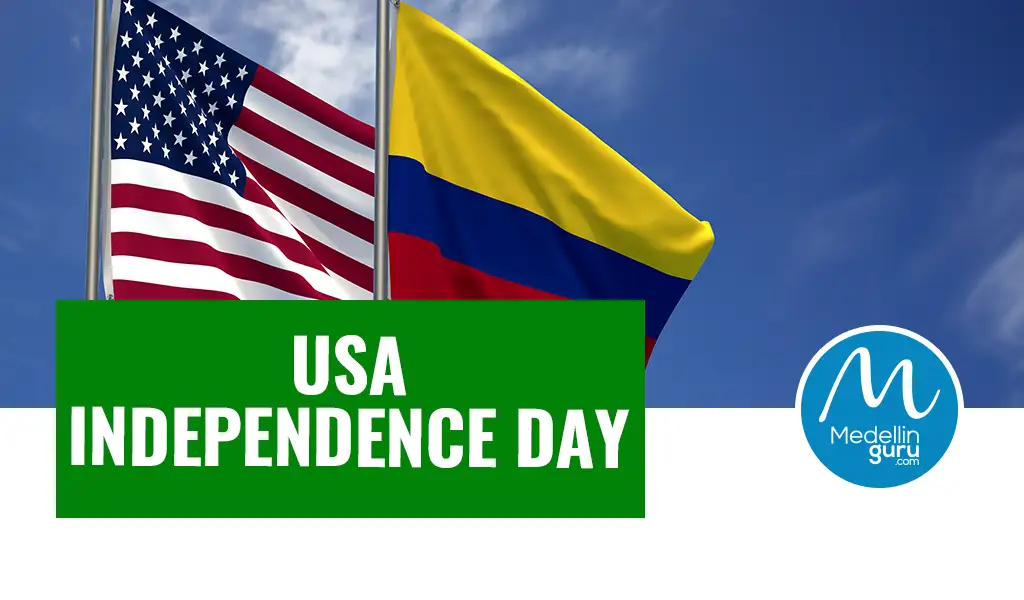
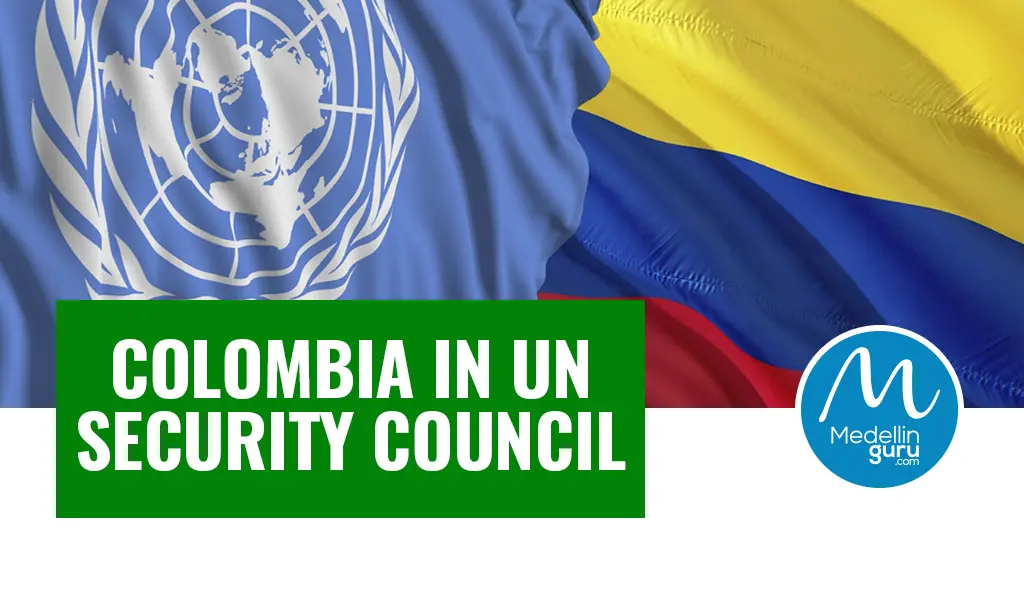
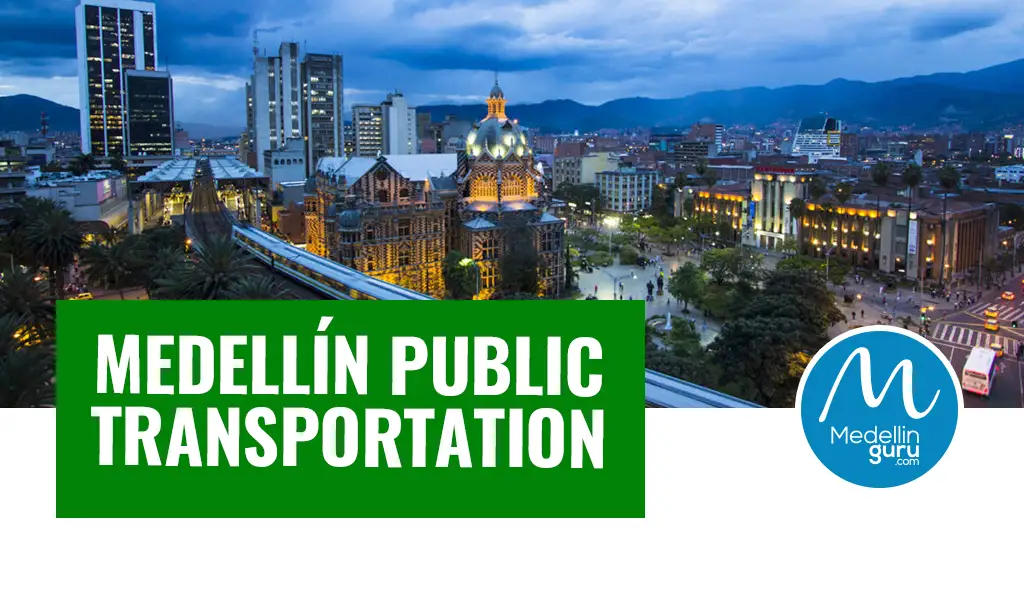
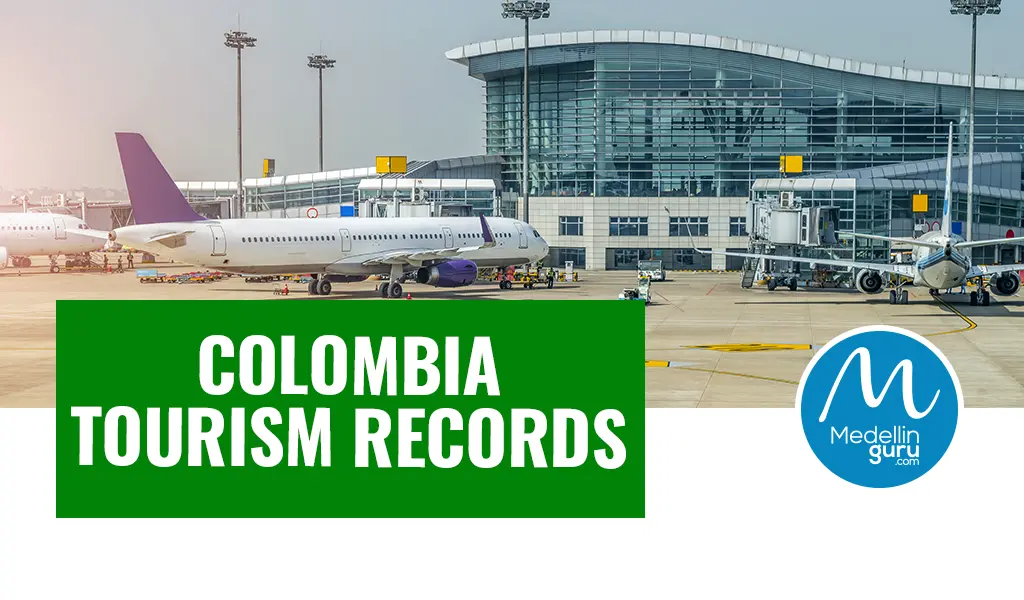
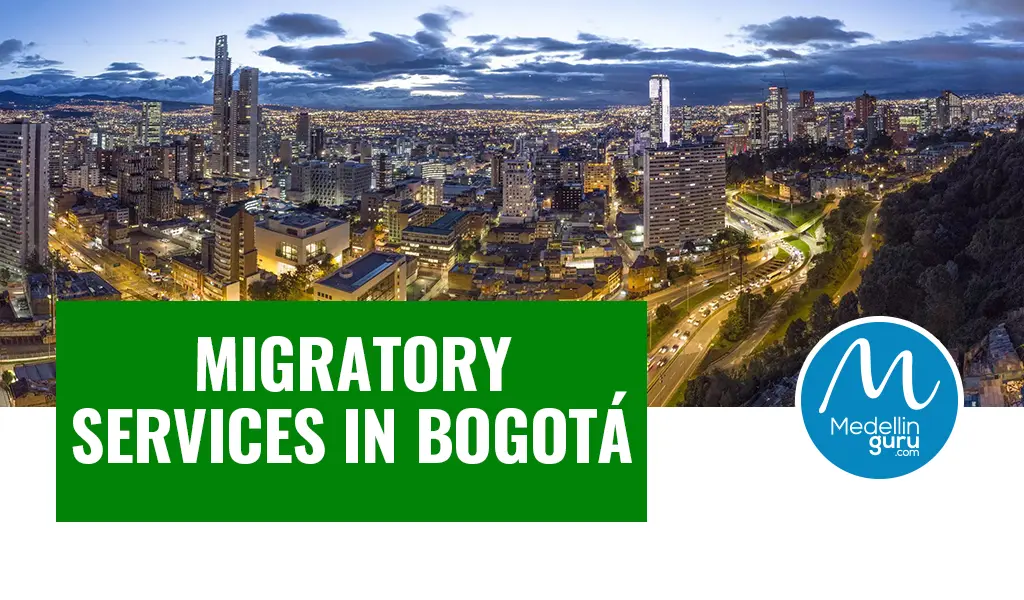
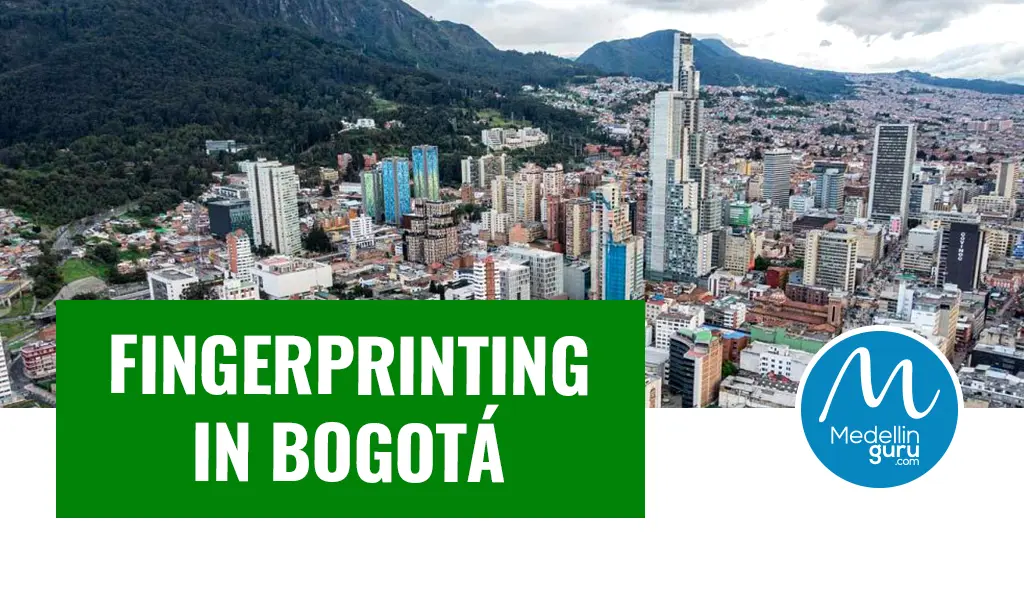

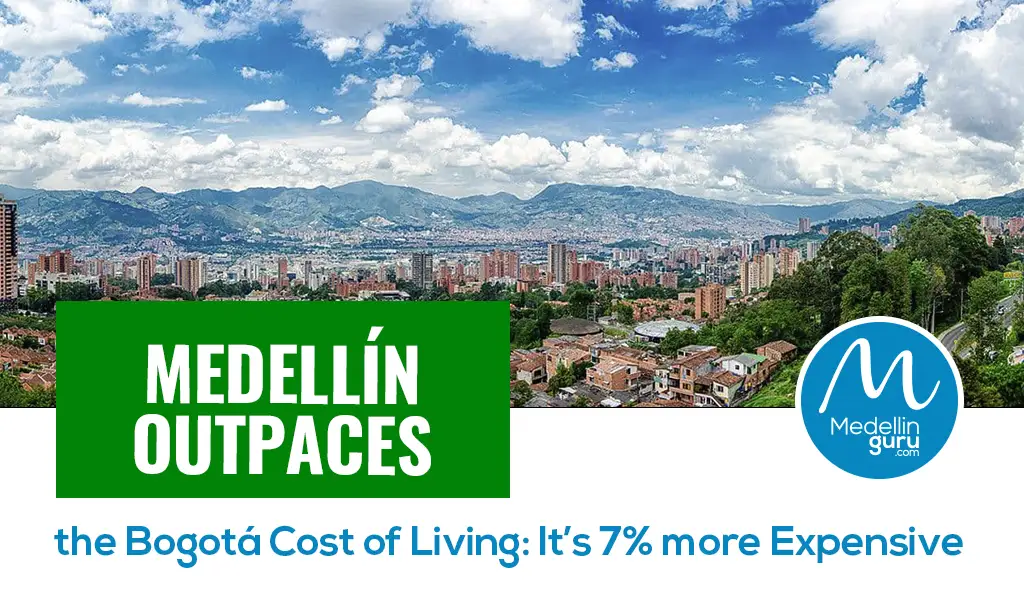
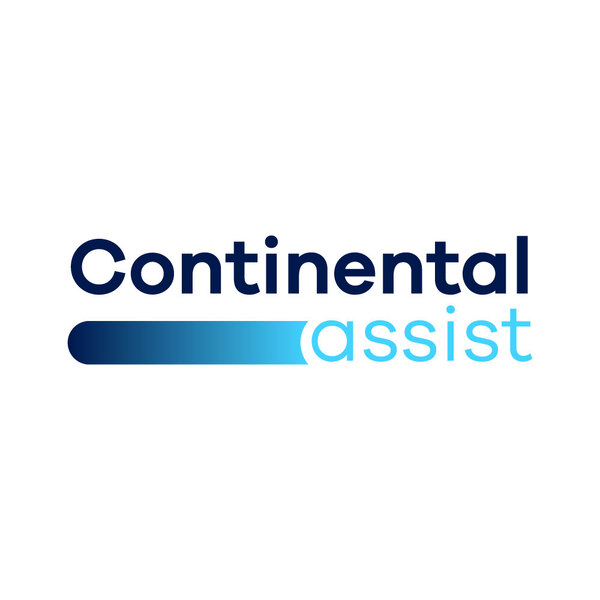

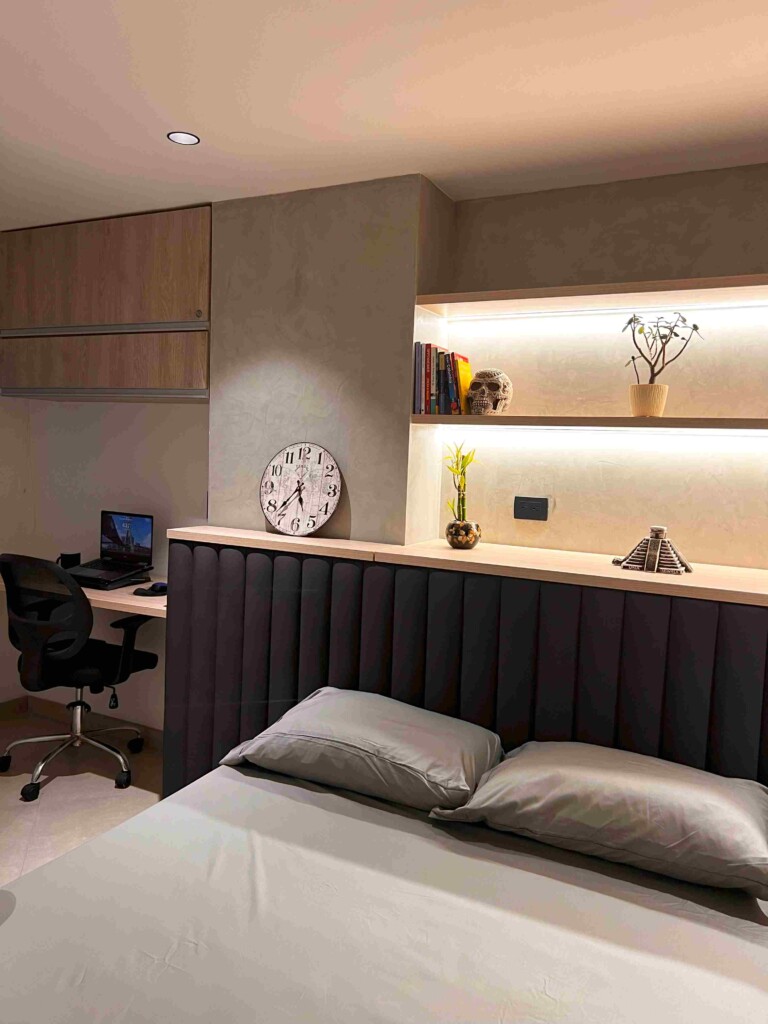
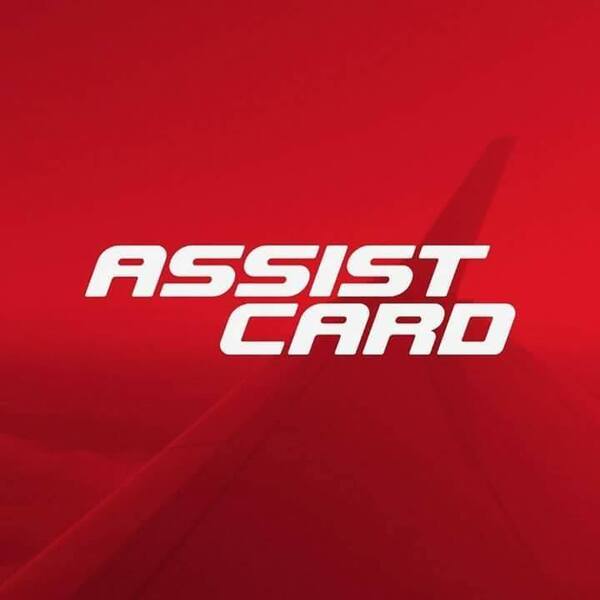
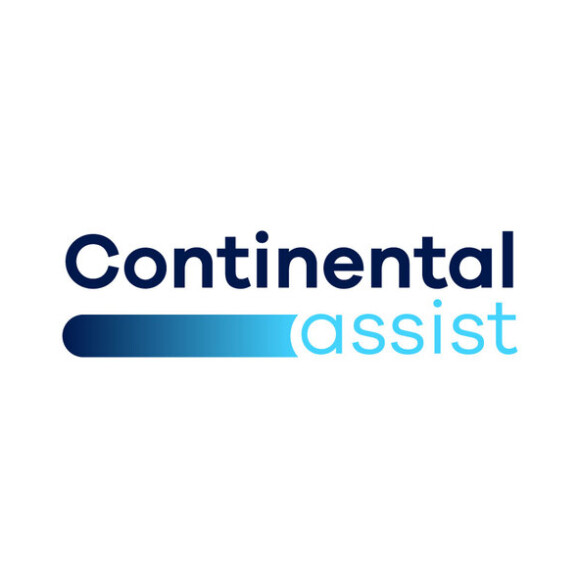
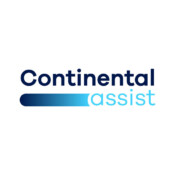
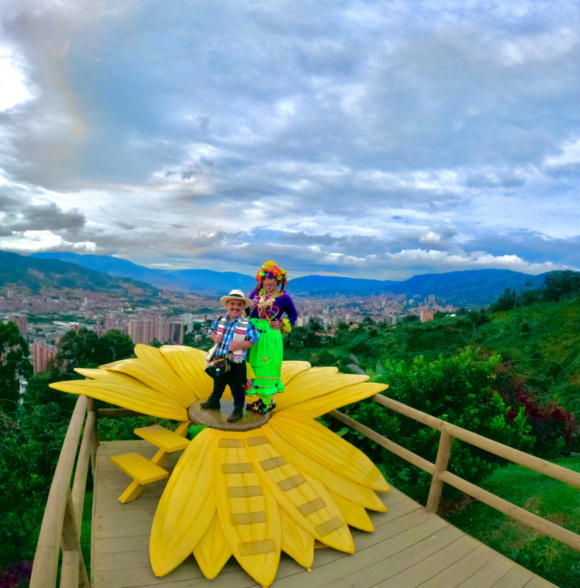



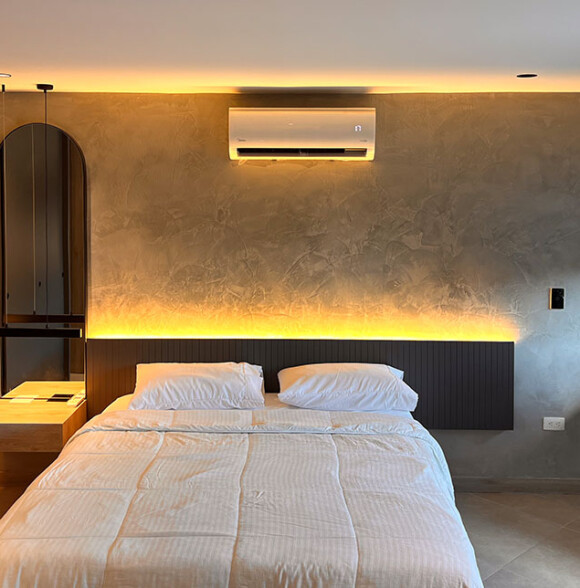
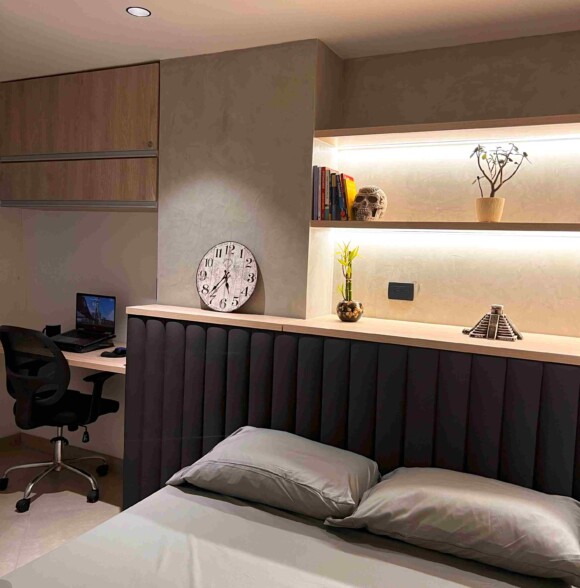






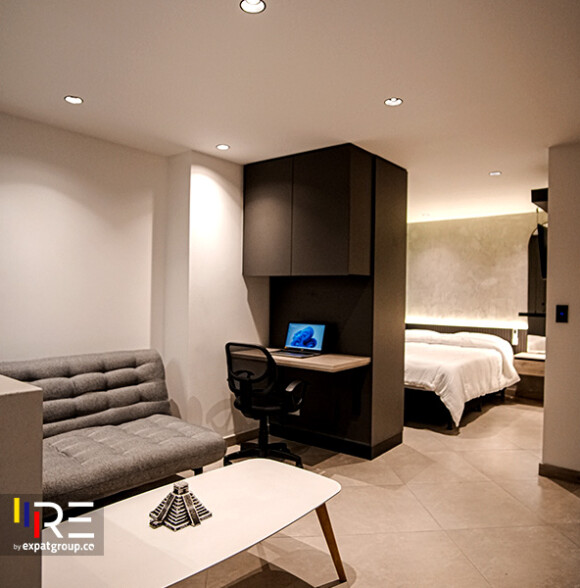
45 thoughts on “COVID-19 Testing in Colombia: Reality About Coronavirus Testing”
hi! quick question: I am flying from Texas to Medellin this week: is there still a negative Covid test requirement for tourists to enter Colombia?
Gracias!
There is no need for a COVID-19 test to travel to Colombia, this ended in early June, see our popular article – https://medellinguru.com/colombia-require-covid-19-test/
Is a covid test required to enter Colombia as of now? Have to ask because its constantly changing back and forth, thanks.
Yes, a PCR test is required within 96 hours of your flight – see – https://medellinguru.com/colombia-require-covid-19-test/
Thanks for the update on COVID testing in Colombia.
Hey Jeff! Thanks for the helpful content!
I need an antigen test for my flight leaving from MDE to Panama this Sunday afternoon.
With the lockdown in place, I’m worried about finding/getting to a testing center on Saturday in order to get the results in time for my flight on Sunday.
Have any followers confirmed that the Antigen testing in the MDE airport is reliably open/availible (on Sundays)? (It would be great to do the test there before my flight.)
Hi Dan, I recommend checking the testing place at the MDE airport – see our article – https://medellinguru.com/pcr-test-covid-19-test/. There is a pic with a phone number.
I have several questions about the PCR test in Colombia. 1) Where is the nearest place I can get one if I’m in Valledupar? 2) If my flight leaves from Barranquilla to Miami on Tuesday, do I need to get the test done the Saturday before? 3) Also how long before I can get the result? 4) Lastly, the U.S. is requiring an attestation of the letter, do I get that done at a notary? Any help with any of these questions will be helpful.
You don’t need to get a PCR test for travel to the U.S. An Antigen test will be faster and cheaper.
Sorry we only have looked at where to get COVID-19 tests in Medellín – https://medellinguru.com/pcr-test-covid-19-test/. Several readers have asked about getting tests in other cities. So, we plan to cover places to get COVID-19 tests in at least a few other cities in Colombia.
Recommend Google searching for “antigeno prueba valledupar”. You only need the test results. If not tested you need documentation of recovery (proof of a recent positive viral test and a letter from your healthcare provider or a public health official stating that you were cleared to travel). See – https://www.cdc.gov/coronavirus/2019-ncov/travelers/testing-international-air-travelers.html
Avianca Includes COVID-19 Test On 1st Class International Fares
https://www.financecolombia.com/avianca-includes-covid-19-test-on-1st-class-international-fares/
Jeff, how much % is the ICU at the moment in Antioquia? I can’t find this info anywhere… Regards
78.72 percent yesterday. Look in our article updated daily about coronavirus where we update the IUC occupation in Antioquia every day – https://medellinguru.com/coronavirus-in-colombia/
Hi jeff, !st time here. Do you have suggestions who I can contact about getting the pcr test to enter Colombia. I have loads of evidence its inaccurate.
I need to get a Covid PCR test within 72 hours of boarding an international flight. Does anyone know where to get the testing done in Medellin? Has anyone had experience any with this – and will the results come on time?
Yes, there is a testing place across the street from La Vaquita grocery store in Sabaneta where they are doing COVID-19 PCR tests for 270,000 COP and it takes 48 hours for a PCR test. Address is Carrera 43A 64 Sur 87.
See our Sabaneta Expats Facebook group where I posted their flyer. https://www.facebook.com/groups/627673201316383
No as of November 5th you don’t need it. I just came back. Just have to fill out the covid survey on your phone and get your temp taken
Ok so can someone tell me how its a good idea for people with coronavirus to wait in the same line as people who dont have coronavirus but need testing to go to a new country.
I’m going to Colombia December 29th do I still need to show proof of a PCR negative test
Thank you Camilla
To enter Colombia, a PCR test should be performed and the results must be for a PCR test taken no greater than 96 hours before the stipulated time of the flight. See our article about international flight resuming in Colombia with the biosafety protocols for flights – https://medellinguru.com/international-flights/
Jeff is correct you definitely need a negative PCR test done 96 hours before your flight, I was there last week. I do have a question, I’m scheduled to come back on December 24 and I wanted to know if restaurants/bars are open on Xmas Eve and Xmas Day typically??
Do you have a list of locations that offer PCR testing? I’ve visited a couple hospitals and neither offered. I’m flying to Panama at the end of the month and I require one.
Recommend asking on the big Medellin Expat Facebook group – https://www.facebook.com/groups/159461177529433
Does anyone have know where you can take a PCR test in Medellin and get the results back within 72 hours for travel purposes??
Does anyone know where I can get a PCR test done in Medellin? It seems a requirement for entry for many countries, and with international flights slowly beginning, want to think ahead. thanks!
If you have symptoms call the emergency line 123. If you don’t have symptoms and have not been in contact with someone who is infected, unlikely you will be able to get a PCR test. But there are free PCR tests being done if you don’t have insurance on the Medellín Metro and some other locations – see: https://medellinguru.com/free-covid-19-tests/
Thanks Jeff. No symptoms luckily. Many countries are requiring passengers to get the test done before flying, so if its not possible to get tested here, how are people expected to board the upcoming international flights? I don’t mind paying for the test at a clinic or something.
I am also interested in this answer. I’m holding a ticket to leave Colombia 15OCT, and expect a PCR test will be required, taken within 72 hours of my arrival. One month out and I want to collect information to be ready.
Requirement for a PCR test depends on the destination country. For example, the U.S. does not require a PCR test.
Did you ever get this figured out?
According to worldmeter Brazil has done over 12 million tests. Let’s hope Colombia can increase its testing capacity so the country can get a handle on the virus and the economic decimation hasn’t been for nothing.
The over 12 million tests number for Brazil reported by Worldometers is suspicious and we can’t confirm it. The testing number reported by Worldmoeters for Brazil jumped from 4,911,063 tests suddenly to over 12 million test less than 2 weeks. Brazil seems to have stopped reporting official testing numbers and we can’t confirm where that over 12 million number testing number comes from and explain the big jump. We also saw smaller numbers of about 4.9 million being reported in the press in Brazil earlier this month.
We have found some of the testing numbers reported by Worldmeters are not accurate so we use official sources for some countries. If we can’t confirm a relatable number of tests for Brazil we plan to remove it from the table.
Hello Jeff. Excellent article. I am a Brit that has arrived in Medellin. Do you know where I can get tested or the involved costs please? My next host requires it due to the new strain scare in the UK.
Hi Jeff,
My husband and I have been travelling Colombia for two weeks now and have a month left.
Was wondering if you had any information on:
– where we can get a pcr test in Medellin?
– how long it takes to get the results?
– and price if there is one?
Not sure, haven’t researched this. But aware there is a testing place across the street from La Vaquita grocery store in Sabaneta where they are doing COVID-19 PCR tests for 270,000 COP but not sure how long to get the results.
Confirmed the pace in Sabaneta can do a PCR test with results within 48 hours
Nice article, thanks for keeping this up to date. Colombia is now doing more tests in a day than South Korea at its peak.
Jeff thank you for great information: Can you ask when the bus terminal for travel will be open again, possible similar to the air travel open in July?
Nice to see that testing is increasing, looks like Colombia should quickly pass Ecuador in testing per million based on your table.
Hi Mark, thanks. Yes, Colombia passed Ecuador today on June 1 in number of COVID-19 tests per million in population.
Jeff. What is the status of the over 70 anos priority/exemption/ exception to the pico y cedula requirement in the valley and Sabaneta in particular. I am referring to the 7 am to 8:30 am priority. Most seniors interpret this to mean they can shop any day of the week between the designated hours. It was part of the first pico y cedula notices in Sabaneta but was dropped from the metropolitan notices which coordinated the numbers for the major cities in the valley. There are some folks that believe this exception still exists and others who believe it only applies on the days conforming with their cedula number. This interpretation doesn’t make sense when you shop at any major markets; there is no “priority.” The daily exception is convenient for the group that allegedly needs the most protection but could result in more exposure for this group. What do your government contacts say about this issue, if anything.
As far as I have heard from reliable sources is that the Pico y Cedula schedule now applies to everyone.
Well researched article Jeff … but one observation .. you use the word REALTY .. don’t you mean R E A L I T Y ?
Thanks for catching the typo not caught by spell check, fixed. We had it correct in some places but not in the title.
Thanks for the helpful article with some interesting data. Colombia has been doing a good job with its preventive measures. So the low percentage of positive results for COVID-19 testing in Colombia looks to be a good sign to me. A low percentage likely means there are fewer infected people compared to other countries in South America like Brazil or Ecuador where 30 percent of those tested are positive.
I was not aware that the PCR test was only reliable in the first week. I have mentioned in a comment on another one of Jeff’s very helpful articles that I was routinely tested by my prepagada as a result of my arriving in Colombia in mid-March. I was asymptomatic and had been in lockdown already for ten days (being over 70). However, the test was carried out more than two weeks after my arrival in the country so, although it gave some peace of mind, it does seem it was a waste of a test which could have been better used elsewhere.
Comments are closed.